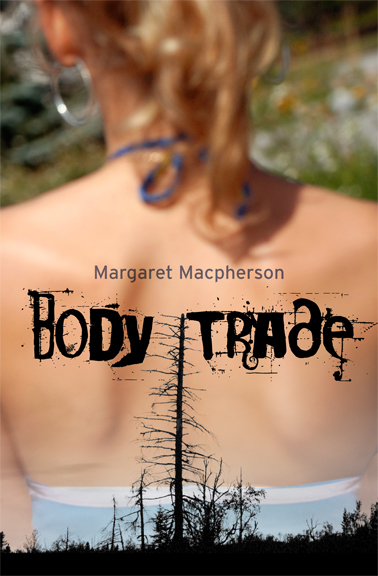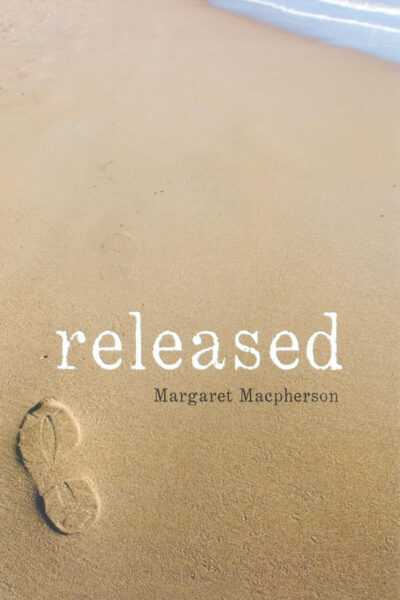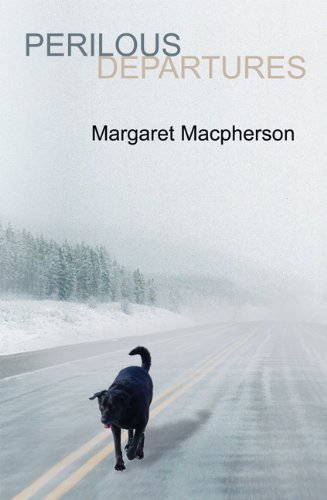“Good versus evil, coming of age, first love—all articulately presented in a gripping narrative–what more could you want in a novel? Edmonton’s Margaret Macpherson has published non-fiction (Nellie McClung: Voice for the Voiceless) and short stories (Perilous Departures), and her story-telling skills are now impressively showcased in Released, her first novel published by Winnipeg’s own Signature Editions.
It’s the story of Ruth Callis, the youngest of five children who, remarkably enough, grow up in a happy home. Macpherson splits her narrative into two alternating accounts, one giving the trials and tribulations of Ruth’s growing-up years, and the other dealing with her love affair, at age 20, with Ian Bowen, a somewhat mysterious fellow 16 years her senior.
At the most critical point of the novel, the two accounts converge.
The Callis family lives in a Northwest Territories town, where the father works for a gold-mining company. Though the mother doesn’t exactly like it up North, she hasn’t let it embitter her, and the kids seem to get along well with both parents.
Much is made of Ruthie’s childhood dental problems and the family affectionately calls her Toothie. She seems well adjusted, and she has at least two good friends, one of whom is an aboriginal girl called Jax.
Ruthie’s innocence and gullibility become clear in this latter relationship, but Jax doesn’t take advantage of her. Later, though, when Jax is no longer around, Ruthie—at age 14—falls under the influence of the local evangelical church, and the young men who call themselves Elders.
“If I ever wanted to be like them,” she muses, “I was going to have to start getting serious about the stuff around me.” Meaning she should divest herself of her possessions.
And so she puts together a bagful of her clothes and gives it to the thrift store in town. She also starts to fast, believing she’ll only be acceptable to God when she loses weight. Brainwashed as she is, Ruthie is unruffled by her schoolmates who call her “Jesus freak,” and she fails to see the harm the Elders may do to her—but, eventually, she does.
Meanwhile, in the parallel narrative, the older Ruth, now at university in the Maritimes, goes to a bar one night and meets Ian.
“I’m not the type to fantasize about kissing a stranger but it happens like a brief shock, a pop-up cartoon picture of us kissing, my tongue touching that plump lower lip.”
Ian has a past he doesn’t speak about but, impressionable as she is, she feels as wholeheartedly attracted to him as she once was to God. It’s only a matter of time until Ian will disappoint her, but Ruthie seems unable or unwilling to read the warning signs—she has to experience whatever Ian has in store for her.
One of the best sequences tells of their hitchhiking trip to Sudbury, where her parents are now living—and to Toronto.
Macpherson packs a wallop with her scenes of violence, but even after those, poor Ruthie seems to want to see some good in the person if not the deed.
The author opens and closes the novel with Ruthie’s situation some years after the events of the story, a frame that seems rather unnecessary to the book’s effectiveness, just as Ruthie’s sojourn to Australia seems tacked on.
But, as a whole, Released is absorbing—you’re pulling for Ruthie no matter what she does. This is an accomplished and ultimately satisfying first novel. ”


